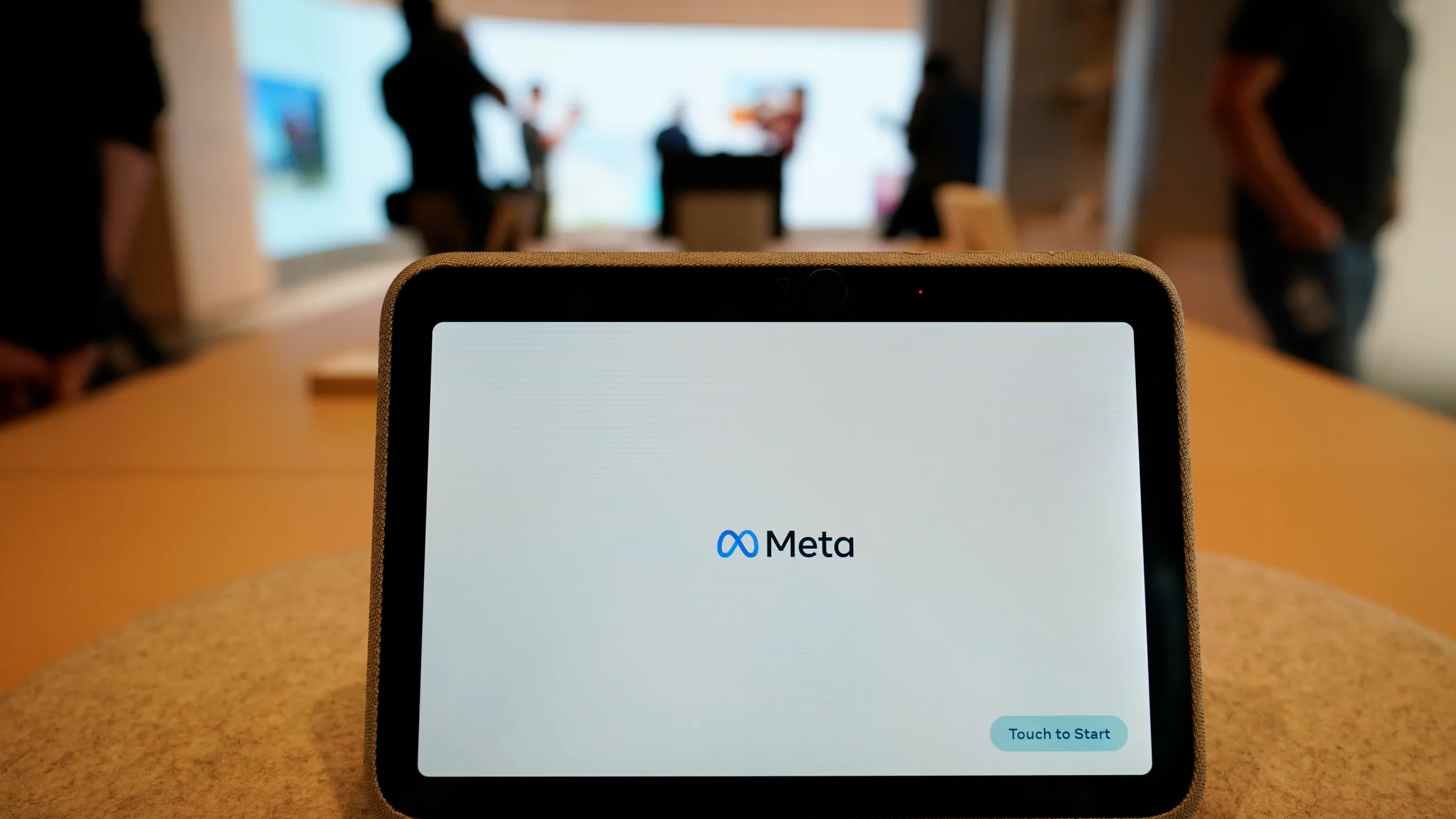In its Q1 2024 Adversarial Threat Report, Meta Platforms Inc., the parent company of Facebook, Instagram, and WhatsApp, revealed on Wednesday that it had deleted 63,000 accounts linked to the infamous “Yahoo Boys” scam organisation.
The accounts, which were removed throughout the previous two weeks, were used to disseminate blackmail scripts and conduct financial sextortion schemes. According to Meta, a smaller network of 2,500 accounts connected to about 20 people mainly targeted adult males in the US using fictitious identities.
By combining sophisticated technical signals with thorough investigations, Meta claimed to have detected and deleted these accounts while also improving its automated detection methods.
Read also: Nigeria’s FCCPC fines Meta $220 million over ‘discriminatory practices’
According to the social media behemoth, “Yahoo Boys, loosely organised cybercriminals operating largely out of Nigeria that specialise in different types of scams, have been fuelling financial sextortion, a borderless crime, in recent years.”
The statement said, “We’ve removed about 63,000 accounts in Nigeria that were part of a coordinated network of about 2,500 accounts trying to target people with financial sextortion scams.”
The business added, “We’ve also eliminated a collection of Facebook pages, groups, and accounts managed by Yahoo Boys—banned in accordance with our Dangerous Organisations and Individuals policy—that were seeking to coordinate, hire, and instruct new con artists.”
According to Meta, the investigation revealed that while some scammers had targeted kids, the majority of scammers’ attempts were unsuccessful. The National Centre for Missing and Exploited Children was notified of these cases.
Meta collaborates with other tech companies to combat internet scam
Meta disclosed that it also shared information with other tech businesses through the Tech Coalition’s Lantern program to stop these scams on other platforms.
Facebook’s parent company also reported that it had eliminated some 7,200 assets from Nigeria, including 1,300 Facebook profiles, 200 pages, and 5,700 groups offering resources linked to scams.
It elaborated that these resources were discovered to provide instructions and scripts for con games and connections to photo collections used to fabricate accounts.
Since the disturbance, Meta’s systems have been actively thwarting these groups’ attempts to reappear, steadily enhancing their detection capacities.
Meta collaborating with law enforcement agencies
The business stated that it has been collaborating closely with law enforcement as well, answering legal requests, warning authorities of impending threats, and helping investigations and prosecutions.
According to the social media behemoth, its actions go beyond deleting accounts.
We also provide funding and support to the International Justice Mission and NCMEC for the operation of Project Boost, a course that teaches law enforcement organisations worldwide how to receive, process, and respond to NCMEC reports.
The company stated, “We’ve already held several training sessions in Nigeria and the Cote d’Ivoire. Our most recent session was held just last month.”
Meta said it has tightened its messaging policies for users under 16 (under 18 in some countries) and posts safety alerts to promote responsible behaviour online to better protect its users, particularly teenagers.
Read also: Meta to appeal FCCPC’s $220m fine
Meta legal battle with Nigeria’s authority
Nigeria’s Federal Competition and Consumer Protection Commission penalised Meta $220 million this week for many data protection legislation infractions connected to WhatsApp.
The inquiry, which began in May 2021, discovered that Meta’s privacy policies violated consumers’ rights by engaging in discriminatory activities and unapproved data sharing.
Meta intends to appeal, claiming it does not agree with the ruling’s conclusions and the given fine. The FCCPC guarantees that Nigerian users are treated fairly and that local laws are followed.
















